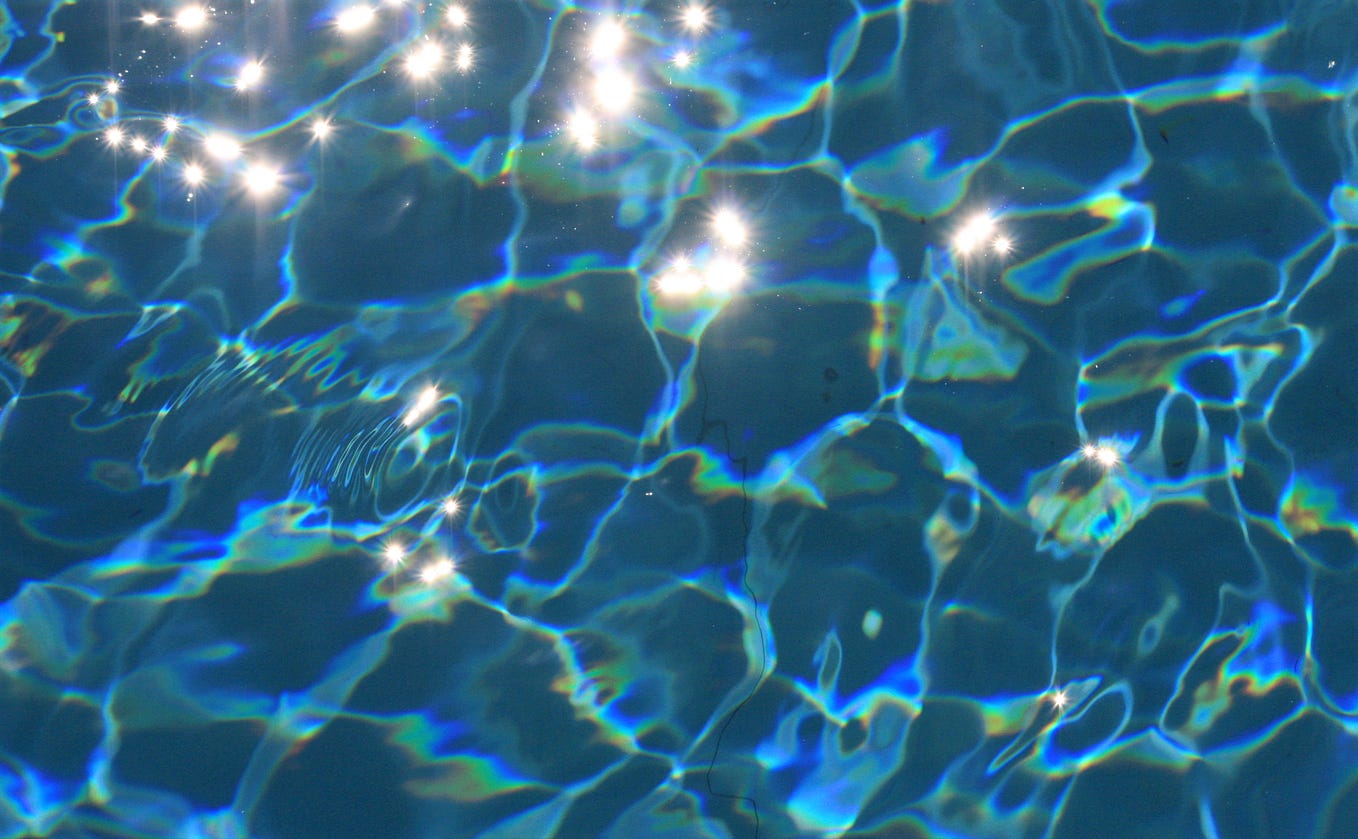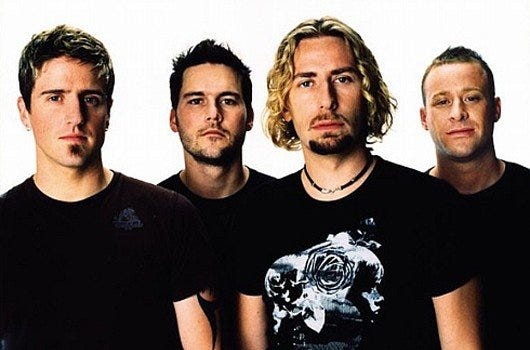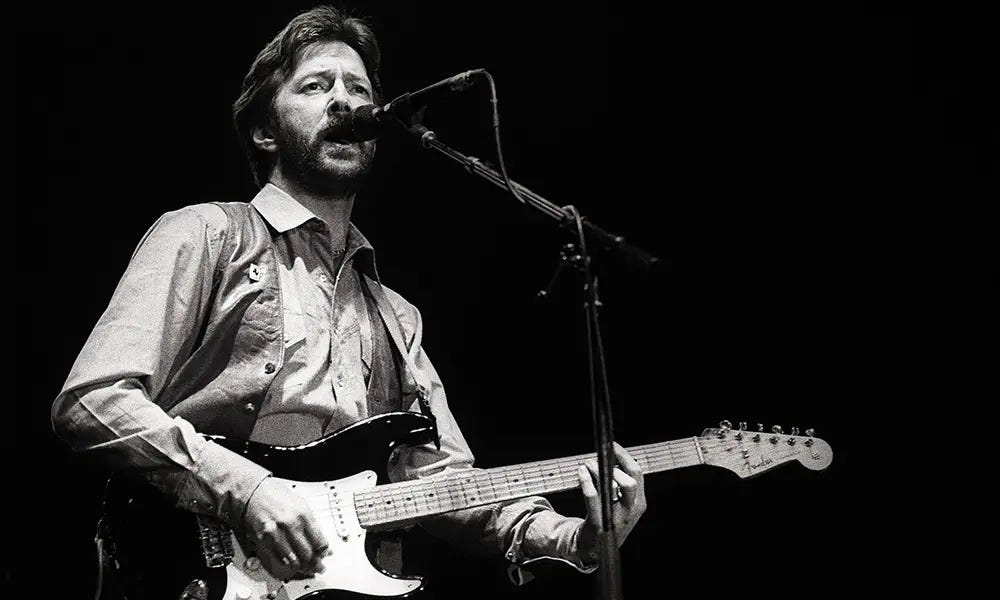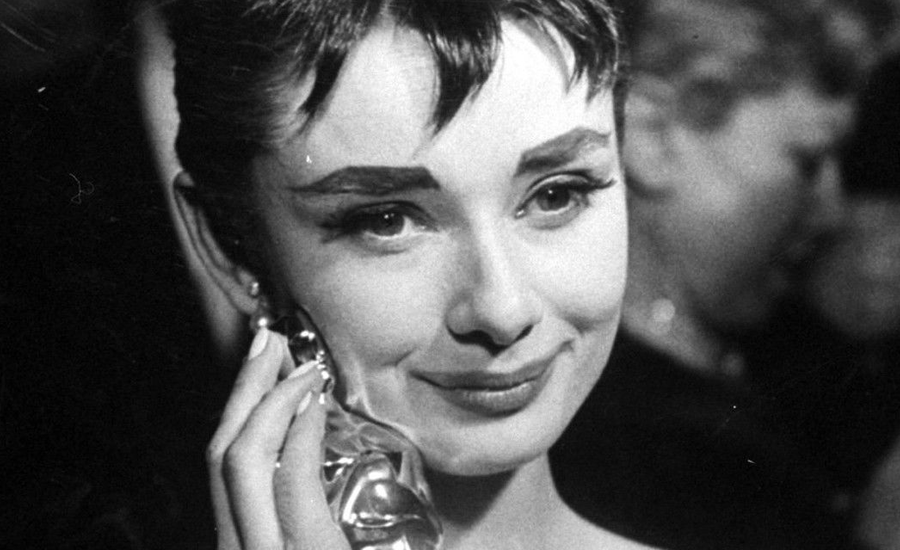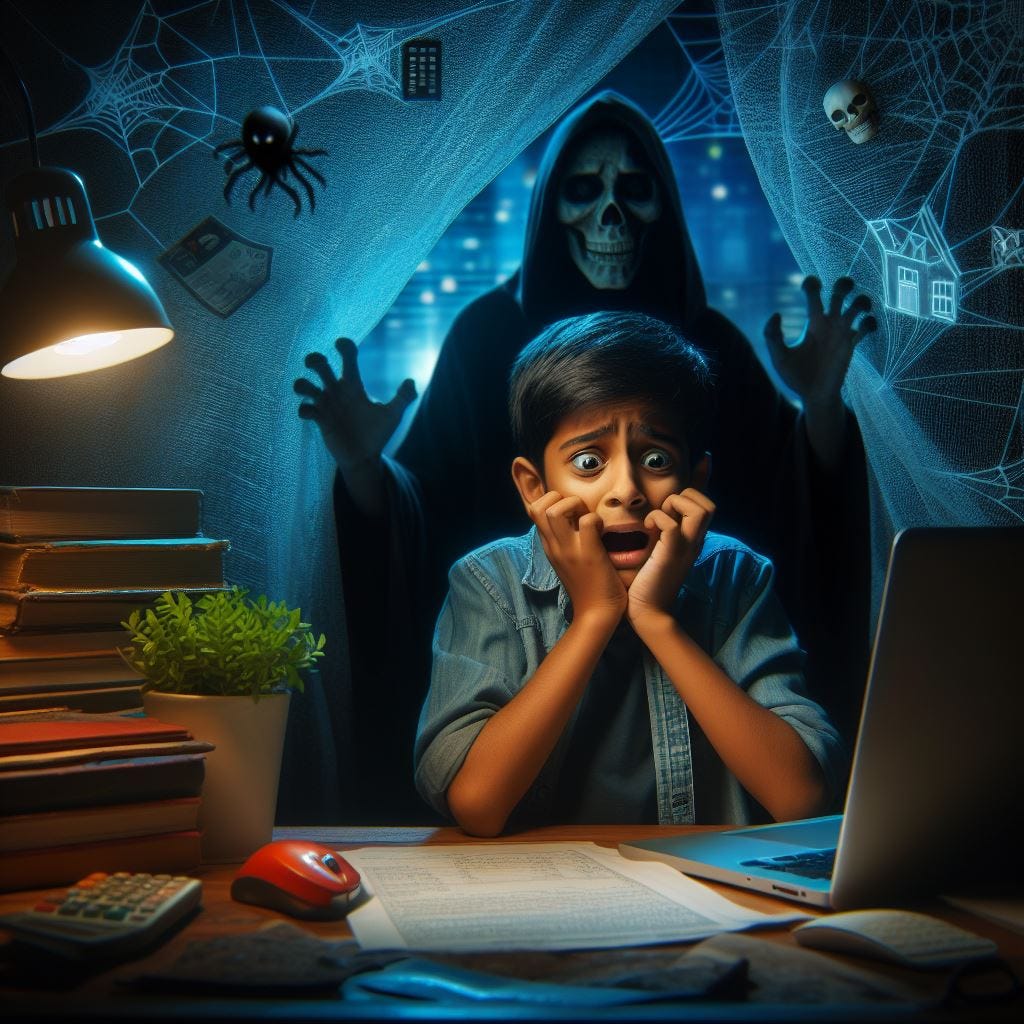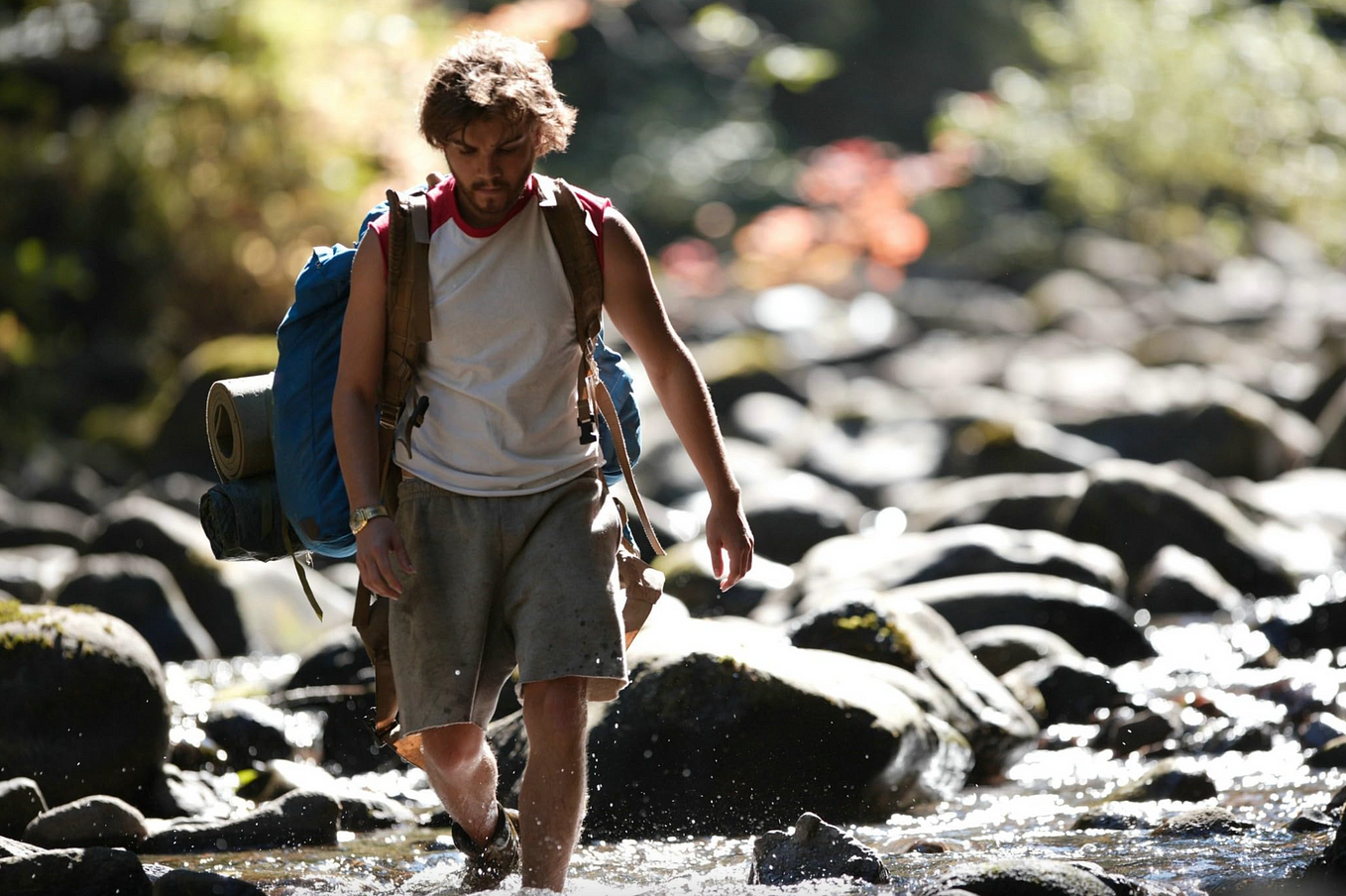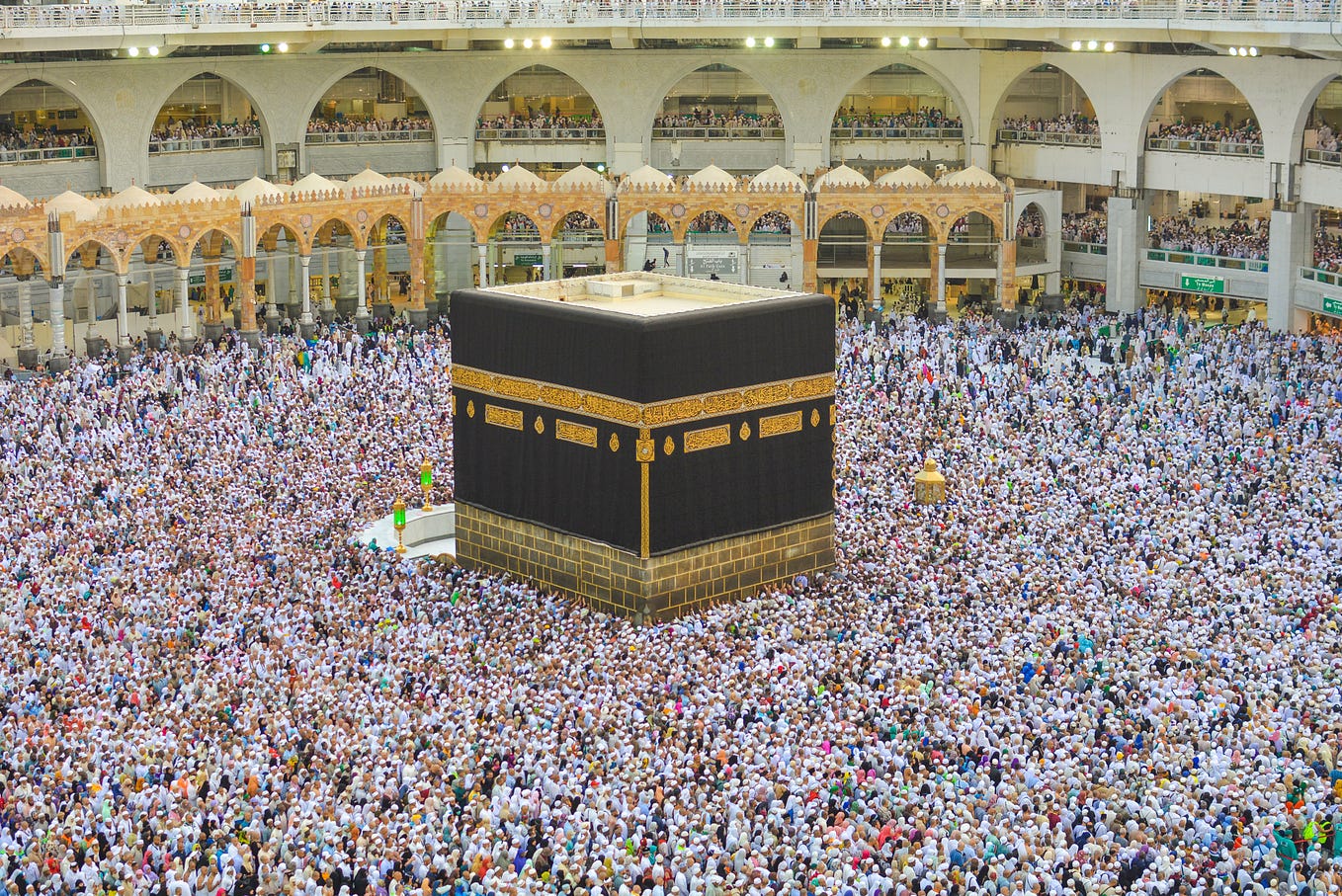Shine On: David Hirschfelder on the Sounds of His Career
Reflections from the double Oscar nominee
WHETHER ON THE EDITING SOFTWARE OF A HOME STUDIO OR IN FRONT OF A 90-PIECE ORCHESTRA, the magic of making music always begins inside somebody’s head. From the rattling of a few chords on a piano, or the tunes hummed aloud in the shower, it is often the most unassuming sparks of an idea that can suddenly become the lightning bolts of a Eureka! moment.
Inspiration is a mysterious and beautiful thing, and few are more enchanted by its vivacious nature than Australian composer David Hirschfelder. It was before the cameras had even started rolling on 1998’s Elizabeth, for instance, that he heard the guiding theme of his Oscar-nominated score by unexpectedly entering a trance.
Following an ascendant five-year run that brought the musician from Down Under to Hollywood — bagging a BAFTA for much-loved Aussie production Strictly Ballroom in 1992 and earning the attention of the Academy Awards for the first time with another independent Australian release, 1996’s Shine — Hirschfelder was invited to London for a major commission.
His meeting with Elizabeth writer-director Shekhar Kapur was ultimately a revelatory moment of his career. As Hirschfelder reflects today, over twenty-three years later, “Shekhar poetically articulated his vision for the closing scene of the film, with his deep, hypnotic, mystical voice. I went into a trance there and then, literally hearing the music in my head on the spot.”
The director pointed Hirschfelder toward a piano sitting in the corner. “I went and played a few notes and chords to demonstrate the music I was hearing in my head. Shekhar said quietly, with a smile and a twinkle in his eye, I want those notes in my film.”
The request was not an exercise in flattery, as Hirschfelder discovered upon returning to Melbourne to work on the score for Sliding Doors. He received a call from Shekhar, on set of Elizabeth in London, asking for a demo tape of the music Hirschfelder had plucked out of his head a few weeks earlier.
“That night,” he recalls, “I recorded a demo and sent it on CD to London, where they decided to shoot an opening dance sequence to the entire four-minute demo track.” Those improvised notes comprised one of the major leitmotifs of the entire film and it had all flourished from the images drawn in his head by a director’s voice.
Talk about artist’s intuition.
But this may not be much of a surprise for someone with so multi-faceted a background as David Hirschfelder. A classic pianist of the 1970s embarking on a professional career in the ’80s, he came of age through “diverse electro-acoustic terrain” that covered every genre from “neo classical-jazz fusion, rock, and symphonic-scale production pop.”
But this mastery of so many styles is perhaps reflective of Hirschfelder’s multicultural upbringing and the early influences therein. Born in Melbourne in 1960, “to a British mother and a German father who both arrived in Australia at the same time, in the early ’50s, but independently of each other,” Hirschfelder credits the influx of migrants into his hometown as a transformative force.
“This microcosm of the world had a discernible influence on my music. There’s no denying that growing up in ’60s and ’70s Australia — with its peculiar blend of pop music styles, as well as the presence of timeless indigenous musical sounds and traditional Aboriginal singing — the ancient sounds of Australia have now become deeply embedded in those of us who identify as Australians.”
Hirschfelder’s frequent musings as to whether one’s homeland can emanate any kind of mysterious force, “the vibe of the land itself,” is a thought that seems to have driven him to many of his best-known projects. Hirschfelder is remarkably gifted in translating those inexplicable, wondrous feelings that empower the unlikely victors: his music is, in many ways, the sound of the underdog and the mysterious compulsions that propel them to victory.
Hirschfelder gave life to the furious panache of Strictly Ballroom’s Scott Hastings, determined to walk (or dance) his own path; for Elizabeth, he revealed the ironclad resolve of a queen consolidating power in an unwaveringly masculine world; and he provided a musical life for the troubled protagonist at the heart of a film Hirschfelder himself considers “the big break” of his career, Shine.
A spirited dramatization of the life of concert pianist David Helfgott, the film follows his small-town upbringing under the tyrannical reign of his father, his subsequent admission to the Royal College of Music London, and eventual mental breakdown. It is Helfgott’s astounding affinity for, and love of, music that allows him to proceed through a suddenly hostile and confusing world.
Shine is a masterwork of artistic cinema, projecting the simple, honest-to-goodness power of music. It also afforded Hirschfelder a greater understanding of his craft.
“It not only helped me reconnect with my classical roots, it also provided the opportunity to utilise multiple skillsets in multiple roles: musical director, arranger, musical curator and original music composer.”
With the sheer number of existing classical pieces employed as markers of Helfgott’s evolving proficiency as a performer — culminating in the fearsome “Rach #3” that is as much of a villain in the film as any shadow-dwelling boogey man — Hirschfelder undoubtedly had enough sources to colour his own musical output.
Indeed, the resulting score serves as the emotional buoyancy aid of the film, guiding us through despair and offering numerous crests of jubilation at the brightest moments of Helfgott’s life and career. The success of the film was rightly shared with Hirschfelder’s achievements as a composer. “Shine made a big splash in the US, garnering nominations in many categories of the Oscars, Golden Globes and BAFTAs. And so, the door opened for US representation with the Gorfaine Schwartz Agency.”
Following two almost consecutive Oscar nominations and a sudden elevation into the limelight at the dawn of a new millennium, Hirschfelder reflects on this period as having come to an end during a family holiday in late 1999. He was enjoying a much-deserved trip to Hawaii, only for it to be “interrupted with a call from my US agent, asking me to catch a plane to LA, tomorrow, and meet with Diane Keaton!”
It transpired that Keaton had loved his score for Sliding Doors and through that had discovered his 1999 album Inside this Room, “a classical / world music crossover of songs co-composed with operatic tenor, and high school friend, David Hobson.” She was so impressed with what she had heard that she apparently wanted to interview Hirschfelder about scoring the film was she was in the process of directing, Hanging Up.
Following the reunion of three sisters brought together by the death of their father, the film was released just two months after his first meeting with the director. But, of course, it isn’t as though Hirschfelder has much difficulty with producing music from thin air.
However, the accelerated workload for the film was certainly assisted by his swift rapport with Keaton. “We clicked instantly,” he remembers, “and I was hired. Diane is very much the personality one often sees inhabiting her onscreen characters: adorable, charming, über-stylish, quirky, very funny, self-effacing, and super smart.”
Hirschfelder fondly remembers his director as “such a delight to work with; an experience I will always cherish.” There was between himself and Keaton a shared philosophy to creating the sonic atmosphere of a film. They both believed wholeheartedly in experimentation — of being “taken down a supermarket of sounds,” as Keaton called it — which is a process Hirschfelder upholds as imperative when “reflecting the film with its own musical voice. It is the mission of the film composer to adapt and reflect the environment, which is the world onscreen.
“We enhance the shapes, colours and moods evoked by the pictures and soundscapes; the body language, the actions and the speech patterns emanating from the actors.”
Much as he believes an artist can feel the aforementioned “vibe” of the land around them, it seems Hirschfelder is a composer deeply in-tune with the feeling of space and environment.
Culminating his decades of experience as a performer, an arranger, a curator and composer, Hirschfelder is able to assert an ultimate theory and philosophy to writing music: “The primary motivation is a deep inner desire to communicate an expression to an audience. Within the zone of musical creativity, the act of composition is a moment of calm clarity, not in the slightest bit motivated by any need for external validation from critics or peers.”
In a decorated career marked by some of the highest accolades an artist can hope to achieve in the film industry, Hirschfelder remembers that the heart of it all is the music, and the feeling. “The most authentic pure music happens when the ego gets out of the way and allows the subconscious, the inner musical nature, to flow.”
Shine on, David.

